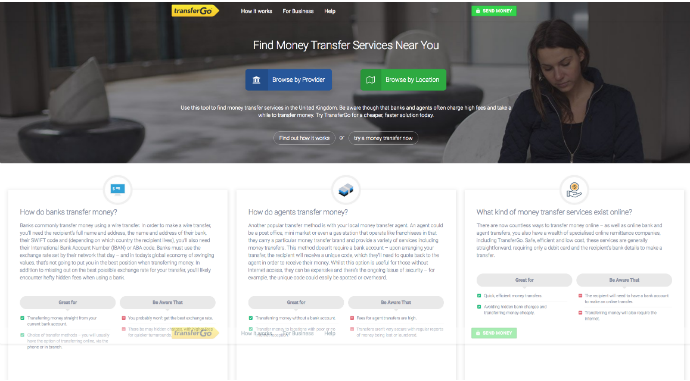International payments to businesses are commonplace. In fact, it’s believed that revenues from global payments could have a value of around $200 billion US dollars. These can either be business to business transactions, perhaps fees from corporate clients or refunds from suppliers, or business to consumer transactions covering standard payments from individuals. Whatever the reason for receiving such payments from abroad, however, there may be pitfalls along the way. This guide is designed to help you mitigate these downsides and use the latest technology and services create a seamless cross-border payments pathway which helps both you and your customers.
Loss of value
Perhaps the most common reason why businesses can be wary of international payments is that the nature of them can cause a significant loss of financial value. That’s before fees are factored into the equation: some brokers choose to levy a proportional commission of a certain percentage for their services, while others can provide a flat fee. They can also levy fees for all sorts of different reasons, which may or may not apply to you. If the bank is doing the currency conversion, then they will probably charge for that – and they may also be obligated to send commission to another party in the process, which will inflate the price you pay further.
Hunting down the best fees for your needs and for the amount of cash you’re sending is very important here, especially if you’re receiving a high-value amount for a corporate transaction. Even an incremental increase of half a percentage point on a fee could be enough of a difference to make the transaction profitable or not profitable. However, it’s also important to remember that depending on the exchange rate between your country and the sender’s country (and even the exact time at which the transaction is placed), receiving international payments can be more profitable.
Speed and delay
It’s also the case that online money transfers made from one country to another can take a long time – especially if you need to get hold of your cash as soon as possible in order to pay your own suppliers or workers. For that reason, hunting out a provider who can promise a certain speed is wise, although depending on where you’re based this might not be possible due to the technological infrastructure of yours or the sender’s home country. It may be worth looking on the website of each nation’s central bank in order to see whether that institution has worked to improve the situation: The Reserve Bank of India, for example, announced recently that it would extend its real-time gross settlement system’s hours of operation a little. If not, you may have to build up cash buffers – or a float – in order to ensure that you can keep meeting your own financial obligations in the event that it takes too long for payments to arrive.
It may also be worth looking at more innovative options, such as blockchain. Decentralised ledgers are now being incorporated into all sorts of money transfer transactions in order to speed up the process, and suppliers of such services are readily available. One recent test in the Americas showed that introducing blockchain into the process could slash delays of cross-border payments from 30 days to, incredibly, just one hour – so this might be an avenue to explore if speed is very important to you for strategic reasons.
While it may seem tedious, there are some administrative steps you can take early on in the process to reduce the risk of delays. It is surprising how many organisations manage to accidentally misrepresent their bank details on their invoices, for example, and then become frustrated as clients try to pay but fail to get through. In the first instance, you should always check with your client or customer if no payment has come through by the due date, as there may well be an innocent explanation that can be easily solved with a quick proofread.
Risk of fraud
Usually, there’s little risk of fraud in an international money transaction. Banks and other payment providers in most nations are now subject to rules against money laundering and have to promote a “know your customer” culture, so there are rigorous defence mechanisms in place. But remaining aware of the risks is a smart move, and one that you may need to commit to in order to avoid being scammed. The first, and most obvious, way to do this is to make the transaction with an institution that is in some way reputable. When most people hear this, they assume that this only covers large institutions which enjoy household names – like banks. However, with banks being notorious for charging high fees, this could be prohibitive. From an anti-fraud point of view, there’s no reason why you can’t use a start-up: just ensure that you do your research on the organisation first, and that you’re certain it is a supported, established and growing organisation.
International business payments are vital for all sorts of purposes, especially if you’re on the verge of signing a big deal or you’re receiving lots of income from operations in a new and growing market. But there are pitfalls to consider: from the slow speeds that some providers have to the risks of fraud, value loss through exchange rate problems and more, there’s always something to contend with. This guide is your first step to working through these problems, and to ensure that the payments received system you go for is one that suits the ups and downs of the modern cross-border payments world.
Here at FXCompared, we keep up to date with all the latest news from across this ever-changing sector – so you don’t have to. Check out our magazine to remain informed.









